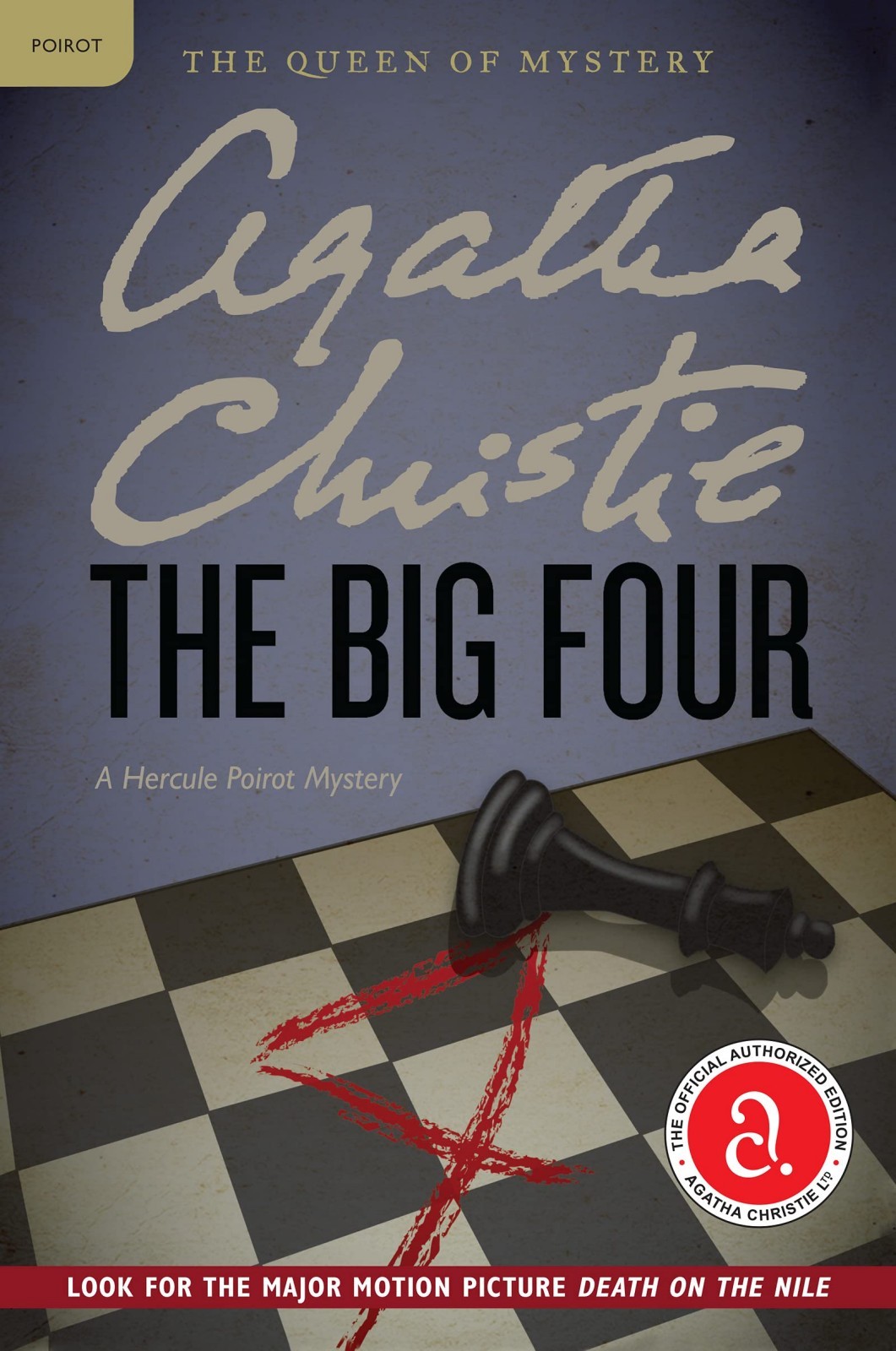Eric (Discworld, #9; Rincewind, #4)
Title: Eric (Discworld, #9; Rincewind, #4)

Author: Terry Pratchett
Published in: 1990
Date read: 7th August 2007
Score: 4/5
Genre: Fantasy, Comedy
Plot: (Warning, may contain spoilers):
"Eric" by Terry Pratchett is the ninth Discworld novel and a comedic, satirical take on the Faust legend, featuring the Discworld's most incompetent demonologist and an unlikely demon.
The story centres on Eric Thursley, a thirteen-year-old boy who, despite his youth, is a self-proclaimed demonologist. He lives in a house that's suspiciously tidy for a demonologist's lair and dreams of having his three wishes granted: to be immortal, to rule the world, and to have the most beautiful woman fall madly in love with him. In a moment of naïve summoning, Eric accidentally conjures not a terrifying demon, but the Discworld's most famous and perpetually annoyed Grim Reaper, Death, who briefly appears, and then the perpetually put-upon wizard Rincewind and his sentient luggage, the Luggage.
Rincewind, having been lost in the Dungeon Dimensions since the end of "Sourcery," is inadvertently dragged back to the Discworld by Eric's clumsy summoning. To Rincewind's dismay, Eric assumes he is his summoned demon and demands his wishes be fulfilled.
What follows is a chaotic and darkly humorous journey across time and space as Rincewind, compelled by Eric's unintentional magic (and perhaps the lingering influence of whatever brought him out of the Dungeon Dimensions), attempts to grant Eric's wishes. However, in typical Discworld fashion, each wish goes spectacularly wrong:
To be immortal, they find themselves in the midst of the Trojan War, perpetually dying and resurrecting in increasingly absurd ways as soldiers.
To rule the world, they are transported to a primordial jungle where Eric is briefly revered as a god-king by primitive tribes, only to be constantly on the run from dangers.
To have the most beautiful woman, they end up in Hell, where the most beautiful woman (a succubus) is also the most terrifying, and the entire bureaucracy of Hell is portrayed as surprisingly mundane and inefficient.
Throughout their adventures, Eric's naivety clashes with Rincewind's chronic cowardice, while the Luggage continues its faithful, violent protection. The duo encounter various satirical takes on classical mythology, history, and bureaucracy, all seen through Pratchett's unique Discworld lens. The demon Astfgl, from whom Eric initially thought he was summoning a demon, is eventually revealed to be a significant player in the overarching demonic hierarchy, seeking to gain more power for himself.
Ultimately, Rincewind and Eric must find a way to escape Hell and return to the Discworld, having learned that wishes are rarely what they seem and that sometimes, the most terrifying thing isn't a demon, but a bureaucratic process. "Eric" is a standalone adventure that playfully skewers the clichés of epic fantasy and deals with the consequences of dabbling in forces beyond one's understanding.
Comments:
Another brilliant and thoroughly entertaining instalment. I adore all forms of mythology and this brings its own.
Books that we've read by Terry Pratchett (39):
The Colour of Magic (Discworld, #1; Rincewind, #1) (1983), The Light Fantastic (Discworld, #2; Rincewind, #2) (1986), Equal Rites (Discworld, #3; Witches, #1) (1987), Mort (Discworld, #4; Death, #1) (1987), Sourcery (Discworld, #5; Rincewind, #3) (1988), Wyrd Sisters (Discworld, #6; Witches, #2) (1988), Guards! Guards! (Discworld, #8; City Watch, #1) (1989), Pyramids (Discworld, #7) (1989), Eric (Discworld, #9; Rincewind, #4) (1990), Moving Pictures (Discworld, #10; Industrial Revolution, #1) (1990), Witches Abroad (Discworld, #12; Witches, #3) (1991), Reaper Man (Discworld, #11; Death, #2) (1991), Small Gods (Discworld, #13) (1992), Lords and Ladies (Discworld, #14; Witches, #4) (1992), Men at Arms (Discworld, #15; City Watch, #2) (1993), Soul Music (Discworld, #16; Death, #3) (1994), Interesting Times (Discworld, #17; Rincewind, #5) (1994), Maskerade (Discworld, #18; Witches, #5) (1995), Feet of Clay (Discworld, #19; City Watch, #3) (1996), Hogfather (Discworld, #20; Death, #4) (1996), Jingo (Discworld, #21; City Watch, #4) (1997), Carpe Jugulum (Discworld, #23; Witches, #6) (1998), The Last Continent (Discworld, #22; Rincewind, #6) (1998), The Fifth Elephant (Discworld, #24; City Watch, #5) (1999), The Truth (Discworld, #25) (2000), The Last Hero (Discworld, #27; Rincewind, #7) (2001), Thief of Time (Discworld, #26; Death, #5) (2001), Night Watch (Discworld, #29; City Watch, #6) (2002), The Wee Free Men (Discworld, #30; Tiffany Aching, #1) (2003), Monstrous Regiment (Discworld, #31; Industrial Revolution, #3) (2003), A Hat Full of Sky (Discworld, #32; Tiffany Aching, #2) (2004), Going Postal (Discworld, #33; Moist von Lipwig, #1) (2004), Thud! (Discworld, #34; City Watch, #7) (2005), Wintersmith (Discworld, #35; Tiffany Aching, #3) (2006), Making Money (Discworld, #36; Moist Von Lipwig, #2) (2007), Unseen Academicals (Discworld, #37; Rincewind, #8) (2009), I Shall Wear Midnight (Discworld, #38; Tiffany Aching, #4) (2010), Snuff (Discworld, #39; City Watch, #8) (2011), Raising Steam (Discworld, #40; Moist von Lipwig, #3) (2013)
This page was updated on: 19th July 2025

